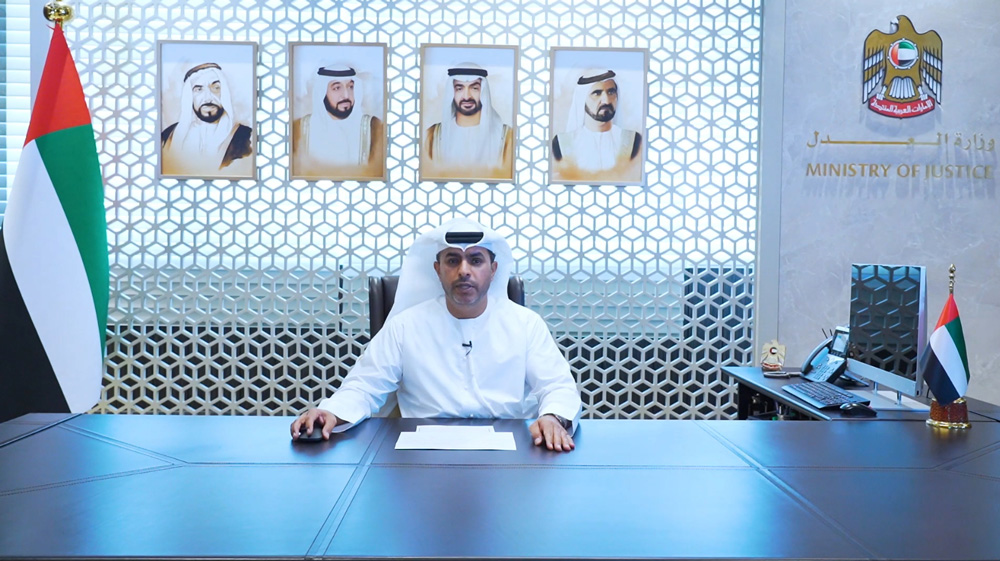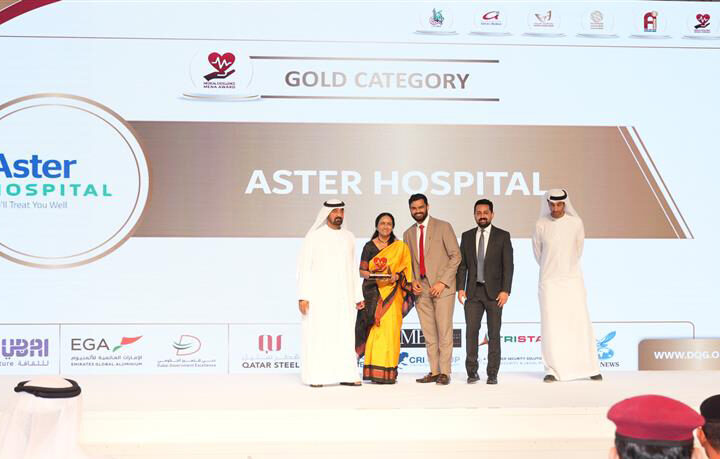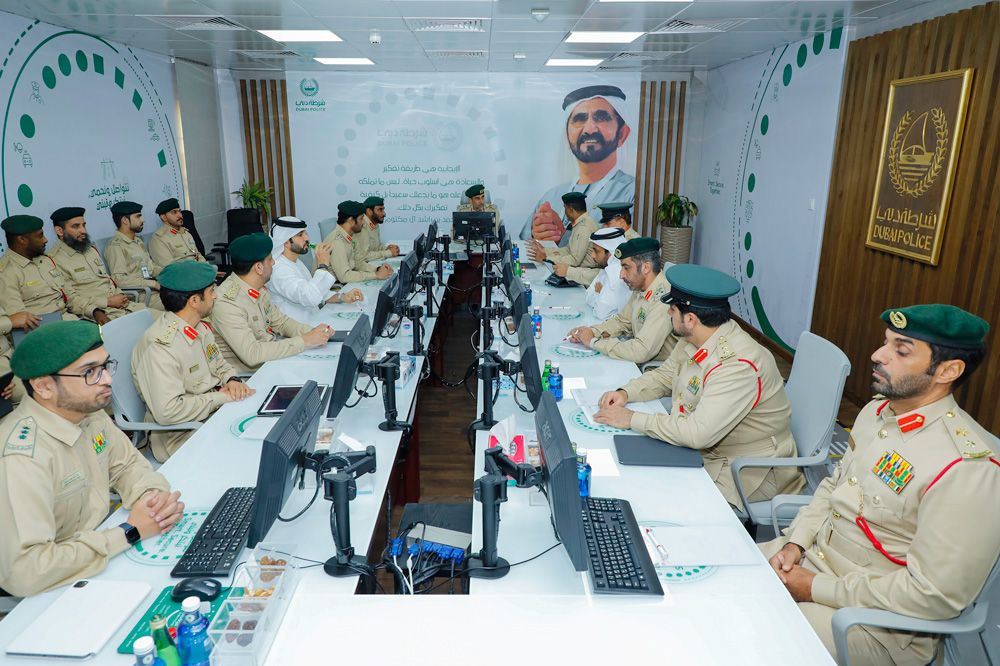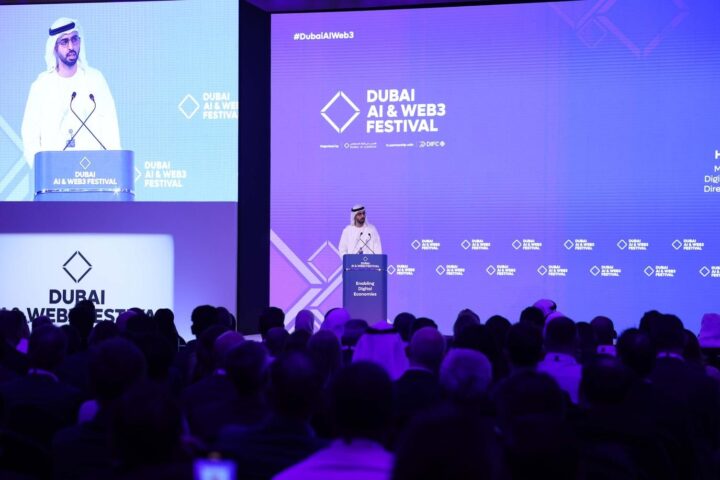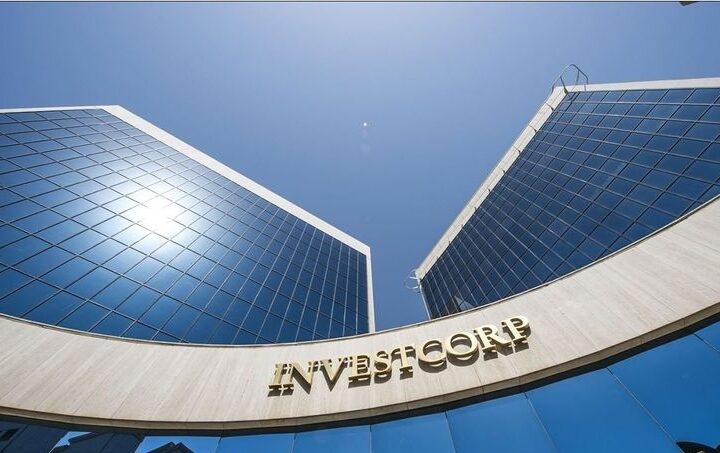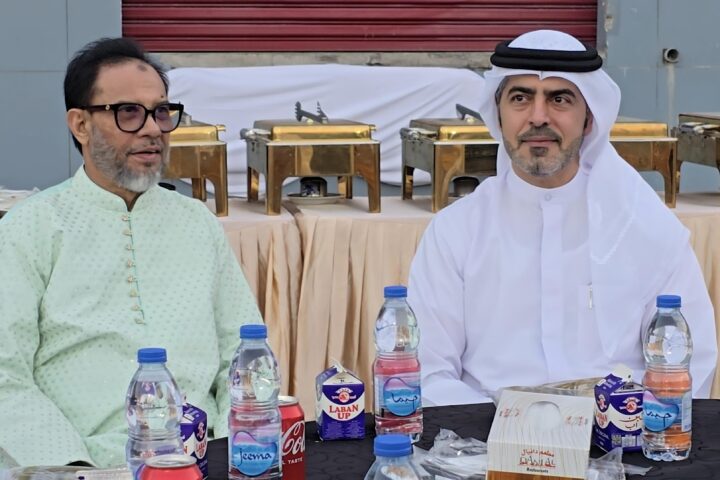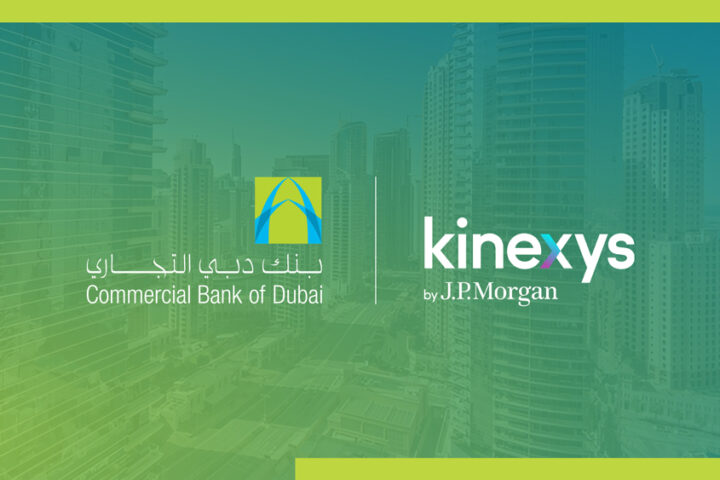Dubai, UAE – H.E. Abdullah Sultan Bin Awad Al Nuaimi, the Minister of Justice of the United Arab Emirates, presided over the virtual inauguration of the ninth edition of the Specialist Diploma Programme in Combating Human Trafficking. Organized by the National Committee for Combating Human Trafficking Crimes in collaboration with the Dubai Police, the Dubai Judicial Institute, and the United Nations Office on Drugs and Crime (UNODC), this program aims to bolster international cooperation in the fight against human trafficking.
The virtual launch brought together esteemed dignitaries, including Engineer Abdulrahman Mohammed Al Hammadi, Undersecretary of the Ministry of Justice; Major General Dr. Abdul Qudos Abdul Razzaq Al Obaidly, Assistant Commander-in-Chief for Excellence and Pioneering Affairs at Dubai Police; Judge Hatem Ali, Director of the UNODC; Major General Dr. Mohammed Abdullah Al Mar, Director of the General Department of Human Rights at Dubai Police; Brigadier Dr. Sultan Al Jamal, Director of the Dubai Police Academy and Director of the Human Trafficking Monitoring Centre; and Brigadier Ahmad Muhammad Mardas, Deputy Director of the General Department of Training.
H.E Al Nuaimi expressed his pleasure at the program’s continued success, emphasizing its pivotal role in strengthening international cooperation within the region. He stressed the collective responsibility to combat human trafficking, one of the most heinous cross-border crimes. H.E Al Nuaimi highlighted the collaborative efforts of GCC countries, brotherly Arab nations, and international organizations as vital for sharing expertise and knowledge.
The Minister of Justice extended his profound gratitude to the Dubai Police General Command and the UNODC for their exemplary contributions to the program’s success and wished participants continued success and prosperity in their efforts.
In his opening remarks, Judge Hatem Ali conveyed the appreciation of Dr. Ghada Waly, the Deputy Secretary-General of the United Nations and the Executive Director of the UNODC, for the fruitful partnership with the UAE over the past decade in developing national systems and enhancing regional capabilities to combat human trafficking.
Judge Hatem praised the international reach of the program, with the participation of Mexico, and thanked all countries for their interest and contributions.
Major General Dr. Abdul Qudos Abdul Razzaq Al Obaidly emphasized the program’s significance as the first of its kind in the Arab world. It aims to prepare a qualified elite to deal efficiently and professionally with all aspects of human trafficking. He stressed that tackling human trafficking requires the combined efforts of the entire community and highlighted the importance of training in achieving the desired objectives.
Major General Al Obaidly celebrated the program’s expansion to include participants from the Gulf Cooperation Council, Iraq, the Comoros Islands, and Mexico.
He also mentioned the availability of a hotline and smart app for reporting human trafficking crimes, making it convenient for victims to seek assistance and justice.
The program, which grants a specialized diploma in combating human trafficking, equips participants with the necessary tools, skills, and knowledge to address this issue comprehensively. This year’s edition includes 146 participants representing various entities from the UAE, Oman, Qatar, Bahrain, Comoros Islands, Jordan, Saudi Arabia, Kuwait, Egypt, Iraq, and Mexico.
The Specialist Diploma Programme in Combating Human Trafficking continues to play a vital role in uniting international efforts to combat this grave global issue.

